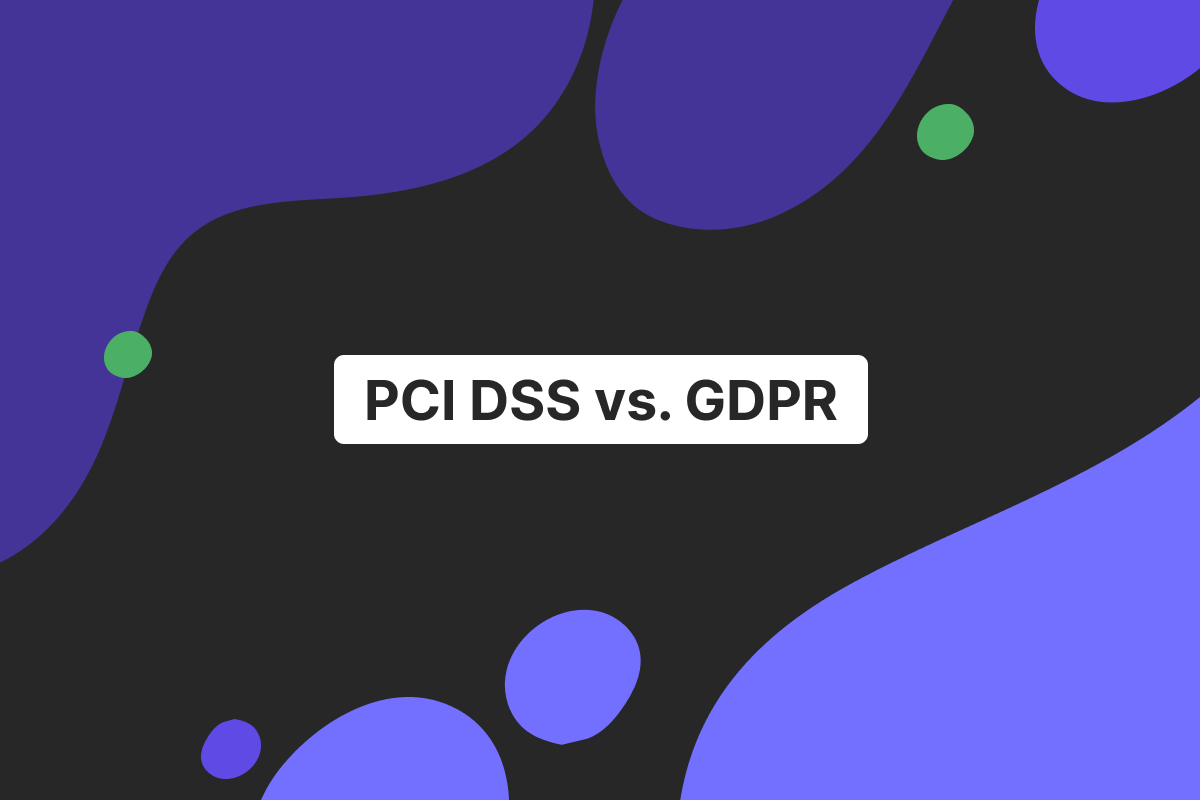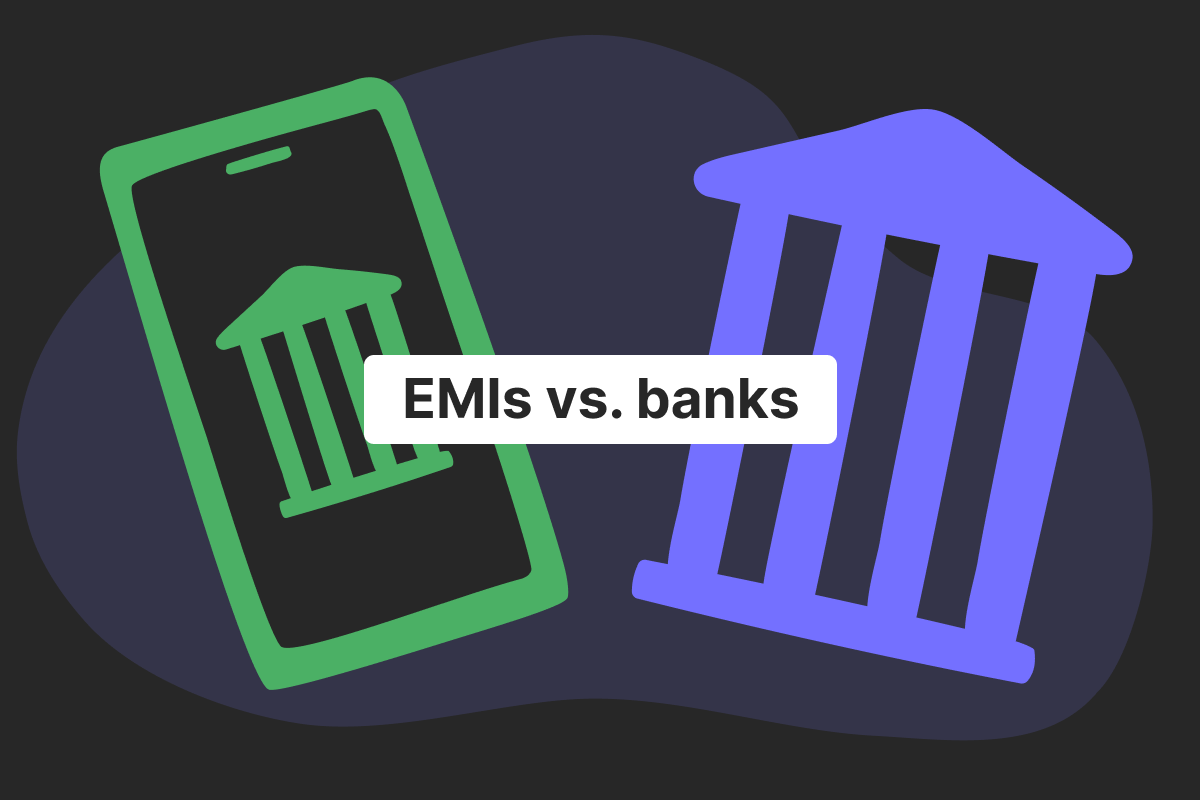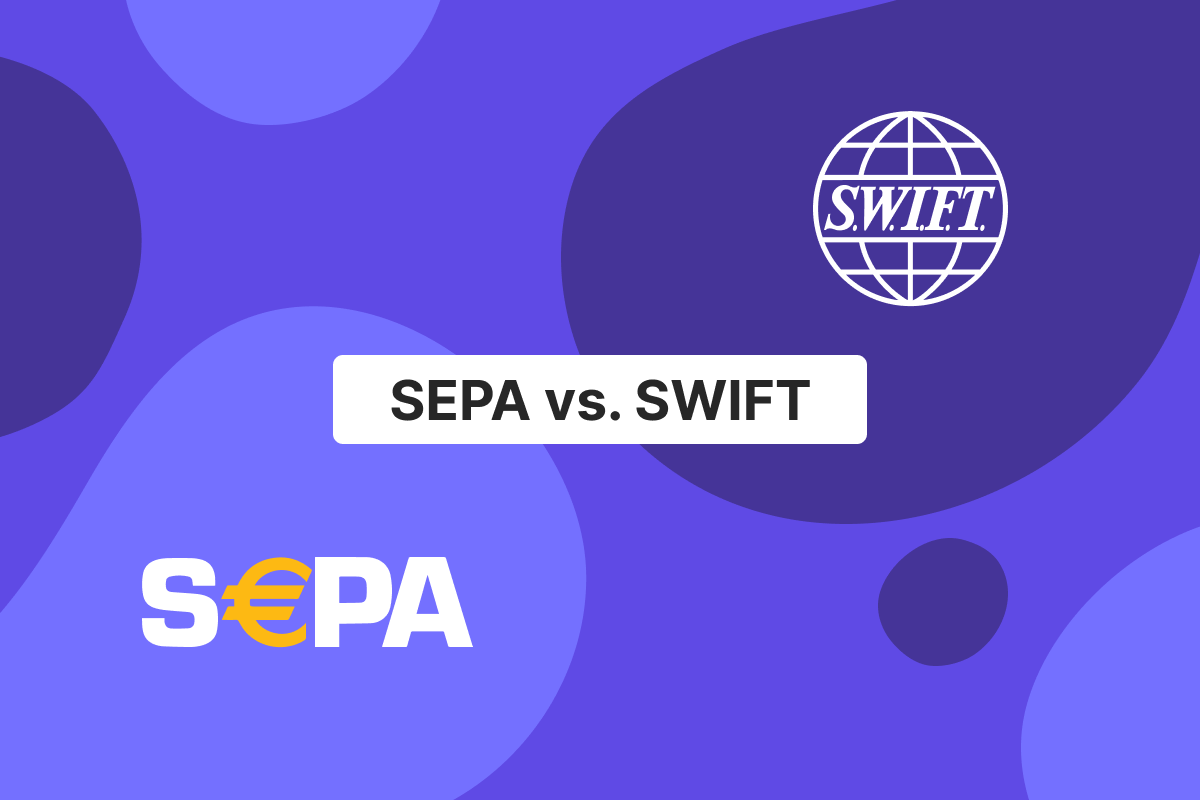GDPR and PCI DSS are two different ways of protecting data, but they cover separate areas with distinct security standards. Compliance with both sets of regulations is vital for finance and ecommerce businesses as well as other digital services. It means that companies always need to know the basics of both to create a secure environment.
We’ll be looking at the subject of data security and how Genome is a provider that ensures its clients’ payment details and other data are kept safe at all times. Data protection and payment compliance are crucial subjects, so read on to find out how to protect data following both PCI DSS and GDPR security standards.
What is PCI compliance?
What is PCI compliance, and why does it matter to so many businesses? When you see PCI DSS compliance explained, it becomes clear why it has become a key control to avoid data breaches and other problems with financial data.
PCI compliance is based on the PCI DSS (Payment Card Industry Data Security Standard). This set of standards was created by the Payment Card Industry Security Standards Council (PCI SSC), which was established by the major card companies.
These PCI DSS regulations aim to make a secure environment for data processing activities involving cardholder data. This data security measure states that every company that processes, stores, or transmits cardholder data needs to be PCI DSS compliant. The following are the companies that need to protect sensitive data under this standard.
Merchants that accept payments using credit or debit cards.
Banks that issue cards and those that accept card payments.
Third-party service providers, such as payment gateways and web hosting companies.
By covering all of these companies, the PCI DSS verifies the strong access control measures for the end-to-end process. The PCI DSS focuses on the businesses that hold and transmit credit card information to make the compliance efforts comprehensive.
To secure cardholder data under the PCI DSS, they need to meet 12 key requirements. These points cover areas such as having a secure network with firewall protection, using updated antivirus programs, and restricting access to cardholder data.
It gives greater control over the handling of sensitive data. For a company to transmit credit card information to another, there has to be complete trust in the way that both will handle the data.
Here are the full PCI DSS compliance factors listed. Each of them has a series of 12 key requirements under it that enhance the compliance efforts:
Install and maintain network security controls.
Apply secure configurations to all system components.
Protect stored account data.
Protect CHD/SAD in transit with strong cryptography.
Protect systems and networks from malware.
Develop and maintain secure systems/software.
Restrict access to system components and CHD by business need-to-know.
Identify users and authenticate access to system components.
Restrict physical access to CHD.
Log and monitor all access to system components and CHD.
Test the security of systems and networks regularly.
Support information security with policies and programs.
Open an account
in Genome online
What is GDPR?
The General Data Protection Regulation (GDPR) is a European Union (EU) law that was created to ensure that personal data is protected at all times by every company that handles it. This EU law introduced a series of stringent data protection practices that have made it one of the toughest laws safeguarding sensitive data on the planet.
Any company that handles or processes personal data of people in the EU/EEA needs to ensure its GDPR compliance (including non-EU companies that offer goods/services to, or monitor, such individuals). The key GDPR principles cover areas like lawfulness, fairness and transparency, purpose limitation, data minimization, accuracy, storage limitation, integrity and confidentiality, and accountability. All the personal data held has to be accurate and up to date. It also can’t be held any longer than is necessary.
The GDPR requirements for businesses include identifying a data controller for each processing activity (the party that determines the purposes and means of processing). The controller is responsible for compliance with the seven main principles and must be able to demonstrate that GDPR protection standards are met. This includes keeping detailed records. Other tasks to maintain compliance include regular risk assessments and staff training.
These data protection standards are demanded of every company worldwide that deals with people in the EU/EEA. If they fail to meet the strict data practices listed, the fine can be substantial regardless of where they’re based. Other regions have their own specific regulations, but the General Data Protection Regulation is highly regarded worldwide for its stringent approach to avoiding data breaches or misuse.
The full list of GDPR compliance areas is as follows.
Lawfulness, fairness, and transparency
Purpose limitation
Data minimization
Accuracy
Storage limitation
Integrity and confidentiality
Accountability
PCI compliance vs. GDPR: key differences
The question of PCI DSS vs GDPR compliance brings up some interesting similarities and differences. It’s clear that handling personal data and how you handle payment card data have some points in common.
Yet, the security standards differ between these areas. We can see exactly how these robust security measures differ in the following table.
Aspect | PCI DSS compliance | GDPR compliance |
Scope | Cardholder data covering the sensitive data provided when paying by card. | Protect personal data (name, email, etc) of EU residents. |
Origin | The PCI DSS was created in a joint effort by the leading card networks. | EU laws to protect the personal data of residents. |
What companies have to comply? | All businesses that process, store, or transmit cardholder data for payments need to comply with these data protection strategies. | Every business that handles or processes the personal data of EU residents has to comply with these data protection laws, no matter where the business operates from. |
The main aim of the regulations | To protect payment card data, reducing issues like fraud and chargebacks. Every stage of the card payment process is included | Comprehensive data protection regulation to increase personal data security. |
The top requirements | Firewall, antivirus measures, encryption, and secure access controls. | Minimization of data, right of erasure, accurate and up to date. |
Possible fines and penalties | Removal of the ability to process payments, plus card network fines may be levied. | Fines can reach up to €20 million or 4% of the company’s global revenue. |
How is it enforced? | Payment card industry and banks. | EU data protection authorities as the relevant supervisory authority. |
Why both matter for businesses
GDPR and PCI DSS both matter for businesses for various reasons. Some of these reasons are the same for both types of data protection measures. By looking at some of the most important factors, we can see how PCI DSS and GDPR issues are crucial for every business now.
Protecting customer trust
By ensuring payment card data and other sensitive data are secure, companies boost the trust customers feel towards them. It also lowers the risk of issues like data breaches that erode reputations.
A lot of people ask, Is online banking safe? It is an increasingly popular way to move and handle funds, but not everyone is comfortable with it at first. A company that suffers data breaches or is fined for its lack of data protection measures isn’t going to impress potential clients.
On the other hand, introducing security enhancements can lead to a positive business reputation. Customers are more aware than ever before of the need to protect sensitive information.
Avoiding financial penalties
There are financial reasons to protect personal data and payment card data, too. The financial penalties for non-compliance can be substantial.
With the case of the EU’s personal data laws, any company based in any part of the world can be fined. If a business processes personal data for EU citizens and residents, it runs the risk of a financial penalty if it doesn’t protect sensitive data in the right way.
Open an account
in Genome online
Ensuring smooth international operations
These data protection measures all make sense for smooth business operations. Any company carrying out data processing activities or holding cardholder data can improve its operations by sticking to the GDPR and PCI DSS regulations.
It is particularly important when looking at payment card data security for international companies. Being able to smoothly process global payments without any fuss is a massive benefit. Running into problems with these stringent security measures can cause a lot of problems.
Building credibility in regulated industries like fintech and ecommerce
Any industry where payment card data or other sensitive information is held requires a high degree of credibility. It is why the fintech and eCommerce industries need to be particularly aware of GDPR and PCI DSS issues. They can’t afford to lose reputation by failing to protect cardholder data or other details.
As businesses now secure personal data more than ever before, this is a key issue. Every company that handles personally identifiable information and cardholder data needs to act responsibly in this respect to maintain credibility.
How Genome helps businesses stay compliant
Choosing Genome to provide your banking services makes it easier to be compliant with GDPR and PCI DSS regulations. Here are some of the areas where our services are designed to protect cardholder data and avoid non-compliance issues.
PCI DSS-certified payment infrastructure maintains data security during the payment process.
Secure merchant accounts are designed with fraud prevention measures to avoid the risk of data breaches taking place.
GDPR-compliant onboarding process and data handling means that data protection is a focus as soon as you join.
Tools for risk management with robust security measures, including batch transfers and secure international payments.
By opening a business account with Genome, you put data protection high on your list of priorities. It means that you can operate your business smoothly without fear of data breaches and other GDPR and PCI DSS non-compliance risks.
Practical steps to achieve compliance
GDPR and PCI DSS compliance can be achieved by adding some practical steps to your business processes. These are recommended points for any business that needs to protect payment card data and keep other data safe.
Conduct regular audits on data security matters
It ensures that any oversights or errors can be quickly fixed. Ongoing monitoring can identify potential vulnerabilities to maintain compliance. Conduct regular risk assessments to ensure that adequate security measures are in place.
Train staff on data protection matters
The General Data Protection Regulation and PCI DSS rules should be explained to all staff. They need to know why they protect cardholder data as well as how to do it. The regulatory requirements aren’t just the responsibility of the designated data protection officer.
Choose PCI and GDPR-compliant providers like Genome
Your risk of data breaches and other problems is greatly reduced when you have a service provider with a strong data protection focus by your side.






